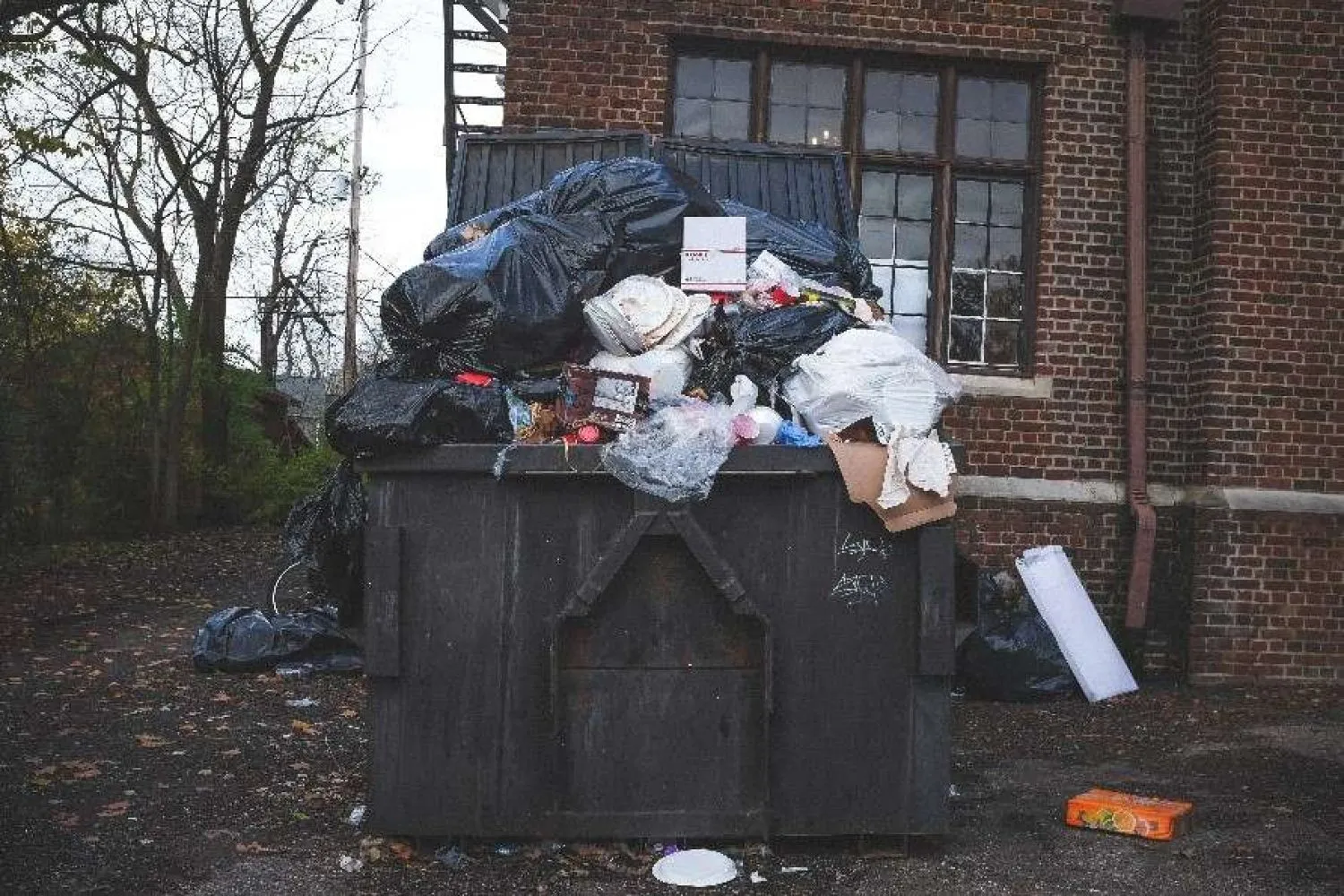Solid waste management is an important issue in every community, but how much do we actually know about it? In this blog post, find out the effects of a lack of proper solid waste management on public health.
What is Solid Waste Management?
Solid waste management is the process of managing and collecting solid waste from households and businesses. Solid waste can be broken down into three main categories: municipal solid waste, hazardous waste, and recyclable material. Municipal solid waste is composed of materials that are collected from households and businesses, such as trash, recycling, composting, and demolition debris. Hazardous waste is made up of materials that could potentially cause harm if handled improperly, such as oil, asbestos, and chemical toxins. Recyclable material includes materials such as plastic bottles and cans, paper products, and electronics.
The health effects of solid waste management depend on the type of waste being handled and the specific steps taken during its collection, transportation, storage, and disposal. Municipal solid waste can contain harmful bacteria that can contaminate water supplies. Hazardous wastes can release toxins when they are burned or disposed of improperly. Recyclable material can contain heavy metals that can leach into the soil or groundwater if not properly recycled.
There are a number of ways to reduce the health effects of solid waste management. Properly disposing of hazardous wastes can prevent them from polluting water supplies or leaking into the environment.
Health Effects of Solid Waste Management
There are a number of health effects that can occur from improper solid waste management. The most common are environmental health concerns, such as air and water quality issues, as well as public health concerns, such as the spread of diseases.
Environmental Health Concerns
One of the primary environmental health concerns related to solid waste management is air quality. When waste is burned or processed in an incinerator, it produces toxic particles, including carbon monoxide, nitrogen oxides, and sulfur dioxide. These particles can cause respiratory problems in people who are nearby and can also lead to chronic lung diseases such as asthma. In addition, these particles can contribute to climate change by absorbing sunlight and contributing to global warming.
Water quality is also affected by solid waste management. When wastes are disposed of in landfills or dumped in rivers and lakes, they can contaminate the water with hazardous chemicals and heavy metals. This pollution can lead to health problems such as cancer and birth defects. Moreover, it can damage ecosystems and disrupt the natural cycles that sustains life.
Public Health Concerns
Another major public health concern related to solid waste management is the spread of
Methods of Solid Waste Management
There are many methods for managing solid waste, but the most common is recycling. Recycling is the process of breaking down a material into its component parts so that it can be used again. This can be done with materials like plastic and metal, which can be turned into new products or materials.
The health effects of solid waste management depend on how the waste is managed. If the waste is handled properly, there are few health risks involved. However, if the waste is not managed correctly, it can increase the risk of diseases such as cancer.
The most important part of managing solid waste is to prevent it from becoming garbage in the first place. If you are able to recycle and compost your own waste, you will help reduce the amount of garbage that needs to be disposed of.
Cases of Solid Waste Problems and Solutions
Solid waste can have many health effects. It can release harmful chemicals into the air, contaminate water supplies, and create hazardous waste sites. Handling of solid waste improperly can also cause injuries.
The health effects of solid waste management depend on the type of waste and how it is handled. Acute exposure to lead from contaminated soil and water can cause brain damage in children. Exposure to mercury or other heavy metals from solid wastecan also lead to health problems, including cancer.
Solid waste management needs to be done in a safe and responsible way to avoid these health risks. Proper collection, sorting, and disposal of solid waste will help protect the environment and human health.
Conclusion
Solid waste management is an important part of any city or town’s infrastructure. It helps to reduce the amount of garbage that needs to be disposed of and it also helps to protect the environment. However, solid waste management can also have negative health effects if not done correctly. In this article, we will discuss some of the health effects of solid waste management and how you can avoid them.

